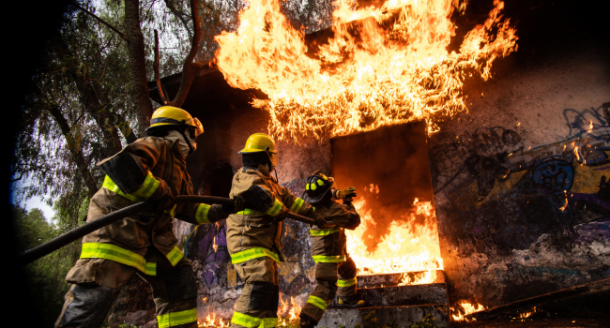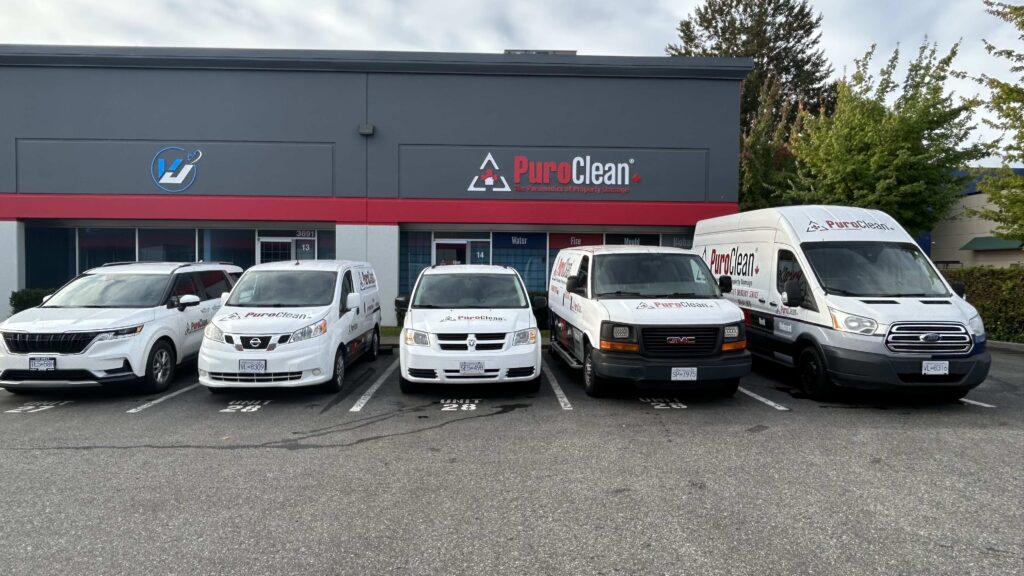What Building Materials Are Resistant to Fire Damage? | What to know about Fire in 2025

Choosing the right building materials protects your home from fire. Fire-resistant materials lower the risk of damage and enhance safety. By learning which materials are fireproof and adding them to your plans, you can build a safer, more resilient home.
Fire-Resistant Building Materials
“Fire-resistant building materials” refer to materials that withstand high temperatures and resist ignition. These materials stop the spread of fire and protect structural elements from major damage. Here are some of the most effective fire-resistant options:
Concrete
Concrete is one of the most fire-resistant building materials available. It’s non-combustible, meaning it won’t burn, and its slow heat transfer rate helps protect structures from intense heat. You can use concrete for walls, floors, and roofs, creating a strong fire barrier. Its density and low thermal conductivity make concrete an excellent choice for fire resistance.
Brick
Brick is another top fire-resistant building material. Made from clay fired at high temperatures, bricks can withstand extreme heat without losing their strength. Brick walls help contain fires and prevent them from spreading to other parts of the building. Its natural properties make brick an ideal choice for fire-resistant construction.
Gypsum
Gypsum, also known as drywall or plasterboard, is widely used in interior walls and ceilings. It contains water molecules that are released as steam when exposed to heat, helping to reduce the spread of fire. Gypsum panels are often treated with additional fire-resistant chemicals to enhance their performance.

Drywall can act as a barrier against fires.
Steel
Steel is a non-combustible material that won’t ignite or contribute to fire spread. Its strength and durability make it ideal for building structural frameworks. However, steel can lose its strength at high temperatures, so it is often coated with fire-resistant materials or encased in concrete to improve its fire-resistance.

Steel is non-combustible, which makes it a great choice for building a structural framework.
Glass
Though it may seem counterintuitive, certain types of glass are fire-resistant. Fire-resistant glass is specially treated to withstand high temperatures and block flames and smoke. It’s commonly used in windows and doors to allow visibility and natural light while still offering fire protection.
Fireproof Insulation
Insulation is key for energy efficiency and also plays a vital role in fire resistance. Fireproof insulation materials, like mineral wool and fiberglass, resist high temperatures and prevent flames from spreading. You can use these materials in walls, attics, and around structural elements for added fire protection.
Intumescent Coatings
Intumescent coatings are special paints that expand when exposed to high heat, creating a thick, insulating layer that protects underlying materials from fire. You can apply these coatings to structural steel, wood, and other building materials to enhance their fire resistance. They offer an effective way to retrofit existing buildings with additional fire protection.
Benefits of Fire-Resistant Building Materials
Using fire-resistant building materials in construction offers several key benefits:
- Enhanced Safety: Fire-resistant materials reduce the risk of structural failure during a fire, providing more time for occupants to evacuate safely.
- Reduced Property Damage: These materials slow the spread of flames, helping minimize damage to the building and its contents.
- Insurance Benefits: Homes built with fire-resistant materials may qualify for lower insurance premiums due to the reduced risk of fire damage.
- Increased Resale Value: Homes with fire-resistant features often attract buyers, potentially increasing the property’s market value.
Integrating Fire-Resistant Materials in Construction
To maximize the benefits of fire-resistant materials, integrate them thoughtfully into your construction plans. Here are some tips:
- Work with Experts: Consult architects, builders, and fire safety experts to ensure that fire-resistant materials are used effectively in your project.
- Follow Building Codes: Stick to local building codes, which may require fire-resistant materials in certain areas.
- Regular Maintenance: Maintain and inspect fire-resistant materials regularly to ensure they stay effective.

Mineral wool is a common option for fireproof insulation.
Cost-Effective Fire-Resistant Materials
When choosing fire-resistant materials for your home, cost-effectiveness is key. Concrete is a budget-friendly option due to its availability and durability. It resists fire, provides excellent thermal mass, and lowers heating and cooling costs. Its long lifespan and low maintenance often offset the initial investment.
Brick is another cost-effective choice. Although the upfront cost is higher, its durability and low maintenance make it a smart investment. Brick resists fire and insulates well, leading to savings on energy bills and repairs.
Gypsum, or drywall, is affordable and fire-resistant. It serves both as interior finishing and fire protection. Enhanced versions with added chemicals offer superior fire resistance at a slightly higher cost.
Fiberglass insulation offers a balance between cost and effectiveness. It resists fire and costs less than many other insulation materials. Fiberglass also helps maintain energy efficiency while providing essential fire protection.
Incorporating these materials can boost safety without exceeding your budget.
Professional-grade Planning from PuroClean Restoration Richmond BC

At PuroClean Restoration Richmond BC, our technicians are available 24/7 to assist with Fire remediation. With the knowledge, skills, and advanced equipment, we safely handle the problem for you. For fast, reliable, and effective mold remediation, contact us today at (604) 841-9879. Let us help you restore your home or business to a safe, healthy condition.



